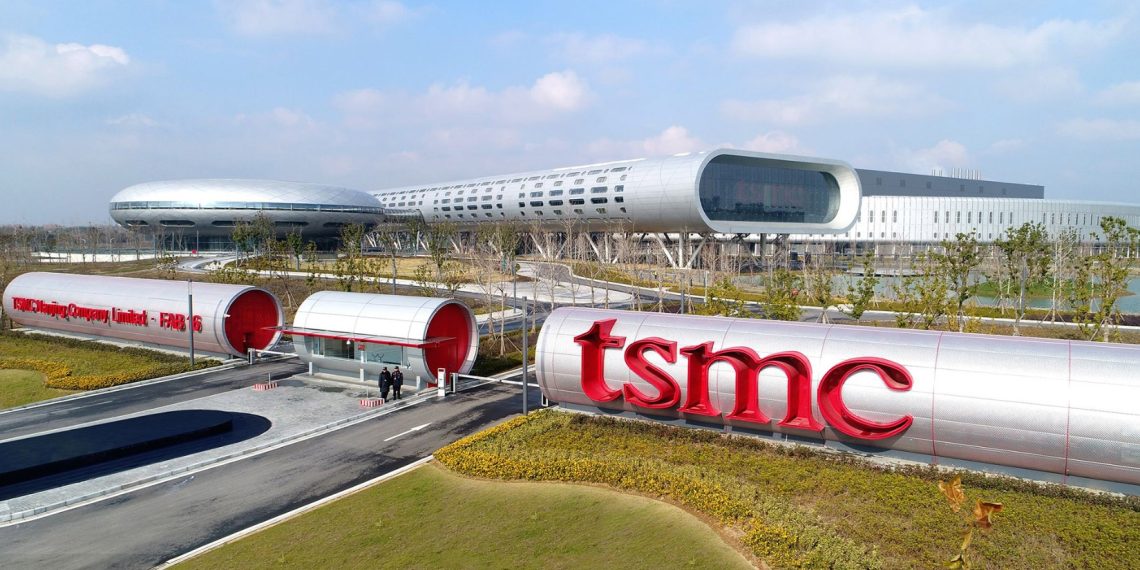Taiwan Semiconductor Manufacturing Company (TSMC), a leading semiconductor manufacturer known for producing Apple’s advanced chips, may experience a setback in its ambitious plans for 2nm chip production. While initial projections pointed to a 2025 launch, recent reports suggest that TSMC’s 2nm chips might not hit the market until 2026.
Rivalry with Samsung and Intel Intensifies
TSMC’s move to 2nm technology is a critical step in its strategy, involving a shift from traditional FinFET transistors to advanced Gate-all-around (GAA) technology. This transition is aimed at achieving superior energy efficiency and enhanced performance, positioning TSMC to compete more effectively with industry rivals, especially Samsung Foundry, which has already incorporated GAA technology in its 3nm node.
However, this potential delay could bring a competitive advantage to TSMC’s rivals. Intel, for instance, plans to unveil its Power Via technology in the near future, potentially taking the lead in the semiconductor market by 2025 with its 18A node (1.8nm). Samsung Foundry is also on track to introduce its 2nm chips in 2025 and has ambitious plans to commence 1.4nm production by 2027.
Factors Behind the Delay
Several factors contribute to the potential delay in TSMC’s 2nm chip production. The semiconductor market has experienced a slowdown, affecting the construction timeline of a crucial facility in Hsinchu Baosha, Taiwan. While TSMC has refuted the accuracy of these reports, it faces mounting pressure as competitors accelerate their chip development efforts.
Impact on the Tech Industry and Consumers
After experiencing a successful transition with the introduction of 3nm chips, primarily driven by its partnership with Apple, TSMC now faces the challenge of catching up. This delay could significantly reshape the semiconductor landscape, potentially altering the power balance among major players like TSMC, Intel, and Samsung.
For consumers, any delays in TSMC’s 2nm chip production may have repercussions on the specifications of future tech devices, ranging from smartphones to autonomous vehicles. The semiconductor race is heating up, and TSMC is determined to stay competitive and maintain its leadership position in the industry.









































































































































